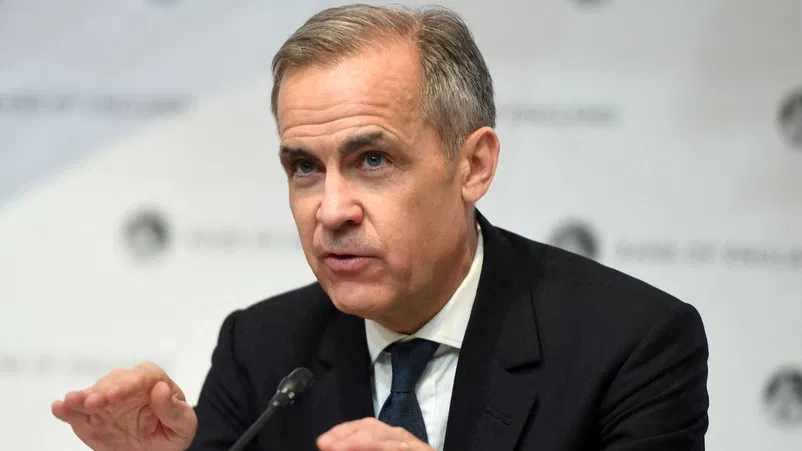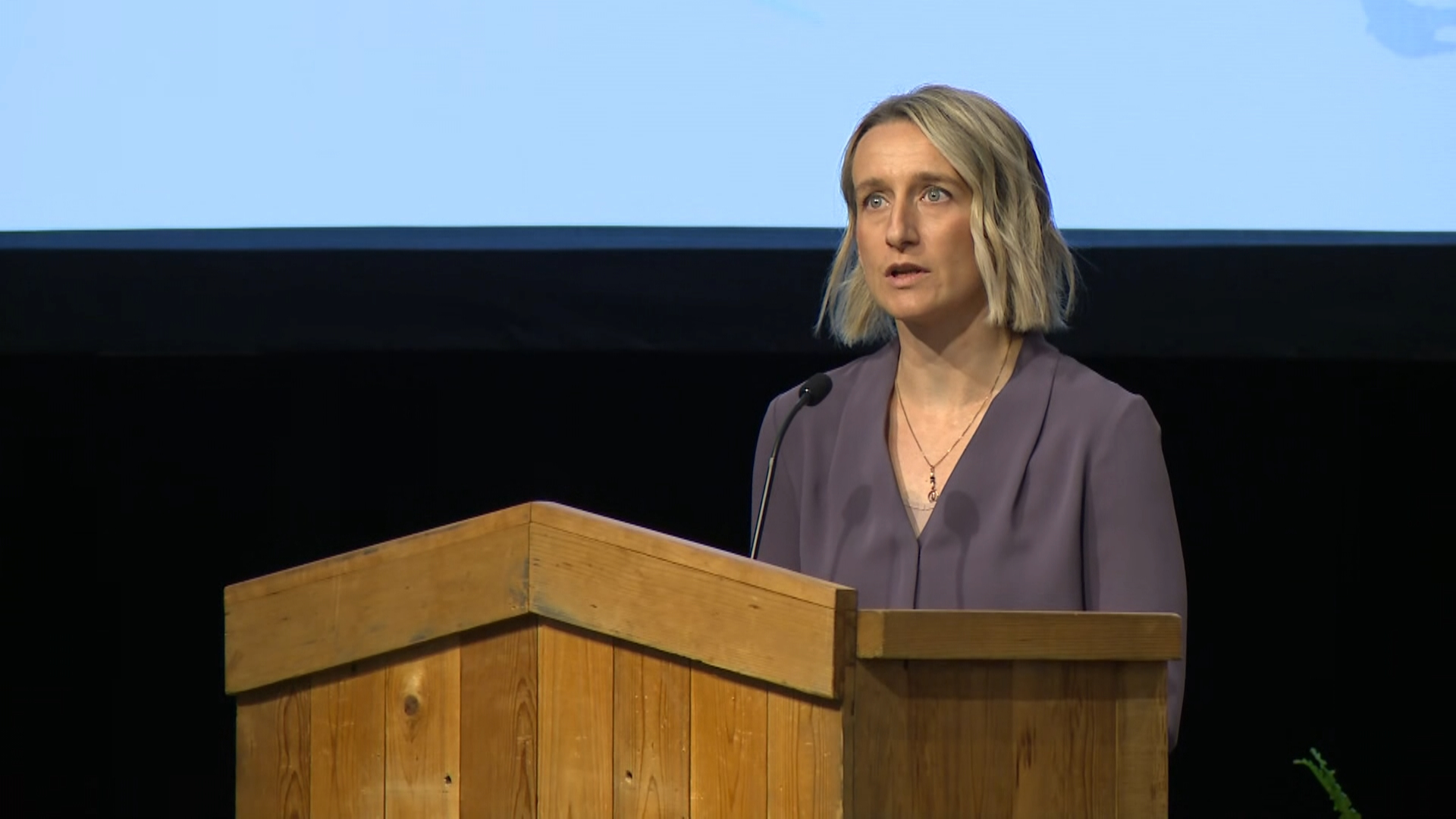Carney Pauses Campaign Again Amid Trump Trade Tensions, Offers No New Action
For the third time since the writ was dropped, Mark Carney has stepped off the campaign trail to address fallout from Donald Trump’s escalating trade war. But unlike previous interventions, the prime minister announced no new government measures in response to shifting U.S. tariffs.
Earlier this week, the Trump administration issued a 90-day pause on reciprocal tariffs for dozens of countries. However, the move left in place existing levies on Canadian steel, aluminum, and auto exports.
After convening his Canada-U.S. cabinet council, Carney cited signs of a slowing global economy and said a fresh round of trade negotiations with Washington would begin just days after the election.
“We left instructions for officials to ensure the next government—whichever one Canadians choose—will be in the best position for negotiations with the United States, which the president and I have agreed will begin at the start of May,” Carney told reporters outside the cabinet conference room.
He departed without taking questions, as news emerged of a temporary production pause at the General Motors plant in Ingersoll, Ontario. The company cited slumping sales of its electric vans, announcing that roughly 500 workers would be laid off.
Later, in a statement posted to X (formerly Twitter), Carney called the job losses “painful news for autoworkers in Ingersoll.” He pledged to defend the sector, support laid-off workers, and strengthen Canadian supply chains.
NDP Leader Jagmeet Singh also responded, calling the layoffs “devastating” and urging a worker-centered approach to Canada’s trade response.
“Hundreds of working people are worrying about how they’ll keep food on the table, and what their future looks like. It’s time to put workers and jobs at the heart of Canada’s tariff fightback plan,” Singh said.
Conservative Leader Pierre Poilievre, campaigning in southwestern Ontario, took aim at Carney’s leadership on trade.
“Nobody can control what President Trump does—but that’s exactly the point,” Poilievre said at a rally in Windsor. “Mark Carney is running on the false promise that he can somehow magically handle Trump—when the opposite is true.”
Windsor’s Stellantis plant was the first Canadian auto assembly facility to halt production following Trump’s tariff rollout. All three major party leaders have now visited the city, where every autoworker job is estimated to impact six others.
Richard Bayley, an autoworker at Stellantis and co-owner of Sawyer’s Craft BBQ, said the situation has left many feeling powerless.
“As an autoworker, you feel helpless because things aren’t in your control,” Bayley said. He hasn’t decided how he’ll vote, but he knows what kind of leadership he wants. “It’s got to be someone who makes Canadian workers a priority. We have so much land, so many resources, such great people. The next leader should focus on keeping jobs here and making us more self-reliant.”
But for Hannah Schneider, a University of Windsor graduate student and longtime NDP supporter, strategic voting may be necessary.
“Trump’s threat to Canadian sovereignty has forced my hand,” she said. “I’m usually a devout NDPer… but federally it feels I have to vote strategically. It’s likely I will have to vote for Mark Carney.”
Schneider called it a “compromise to democracy,” but said Canada needs a counterweight—not just to Trump, but to the possibility of a Conservative government.


